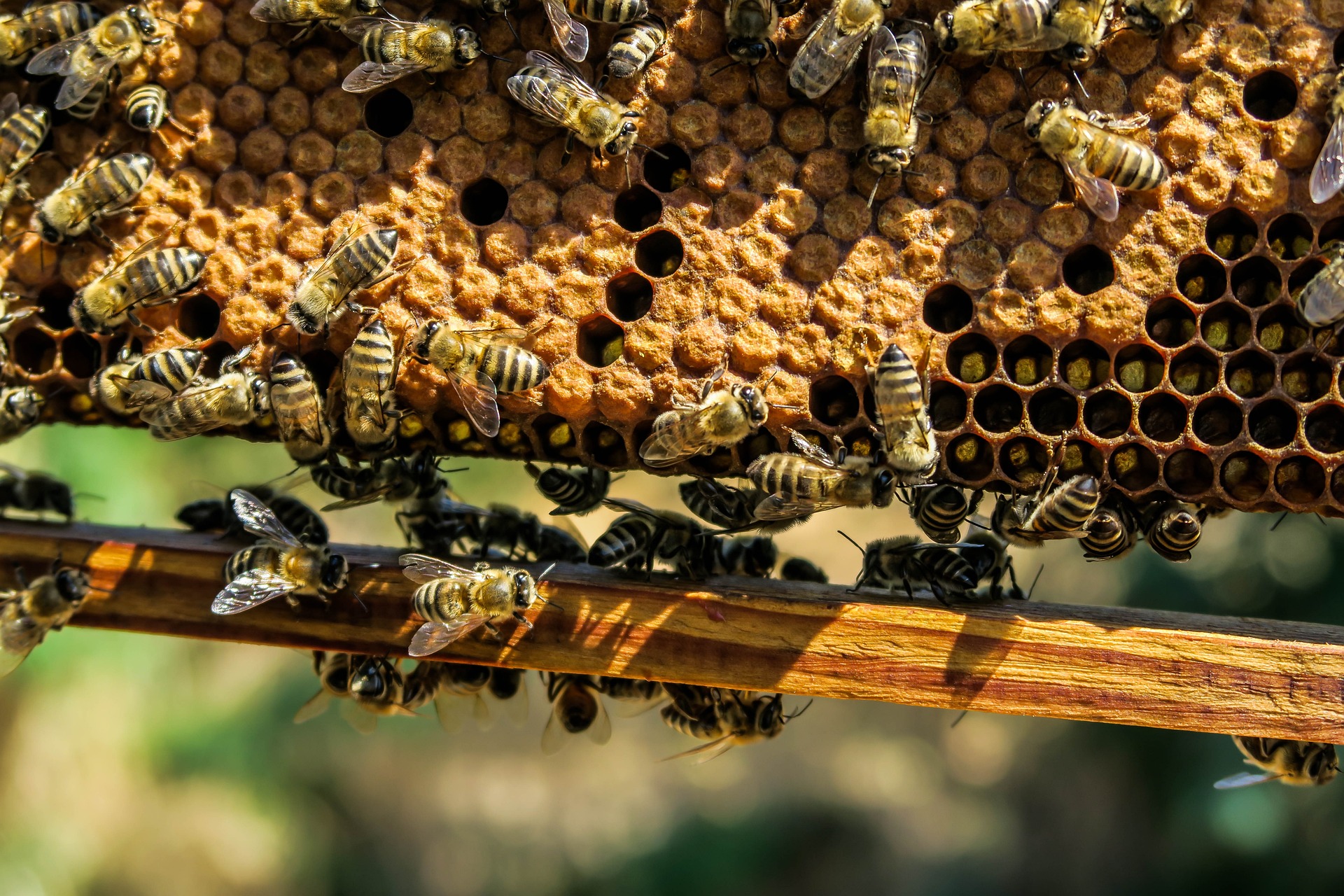The innovative experiment developed by MIT Media Lab’s Space Enabled Research Group, with critical support from Tec-Masters, Inc. of Huntsville, AL, represents a significant step forward in space propulsion technology. Scheduled for execution aboard the Blue Origin New Shepherd NS-24 flight, this experiment is more than just a scientific endeavor; it’s a testbed for future space exploration methodologies.
The experiment itself is focused on testing the fabrication of environmentally friendlier propellants like paraffin and beeswax in the unique conditions of space. The use of such materials is not just a technical achievement but also an environmental one. Traditional solid space fuels, known for their toxicity and environmental impact, are being rethought with this experiment. Wax, known for its affordability and non-toxic nature, presents a promising alternative.
A key aspect of this experiment is the observation of the behavior of two liquids – melted candle wax and Heptadecane – in microgravity. As these substances are rotated in tubes aboard the spacecraft, researchers will gain valuable insights into the dynamics of liquid movement in space. This knowledge is crucial for understanding how wax can be processed in zero-gravity conditions to form fuel grains for hybrid propulsion systems.
Hybrid propulsion systems, which combine the stability and simplicity of solid fuel with the controllability of gaseous oxidizers, are at the forefront of next-generation space travel technology. The successful development and testing of wax-based fuels could revolutionize these systems, making space travel more sustainable and less harmful to human health and the environment.
The project’s backing by NASA’s Space Technology Mission Directorate is a testament to its potential impact on the future of space exploration. It’s not just an experiment; it’s a stepping stone towards a more sustainable and environmentally responsible era in space travel, with Tec-Masters playing a pivotal role in this journey.

